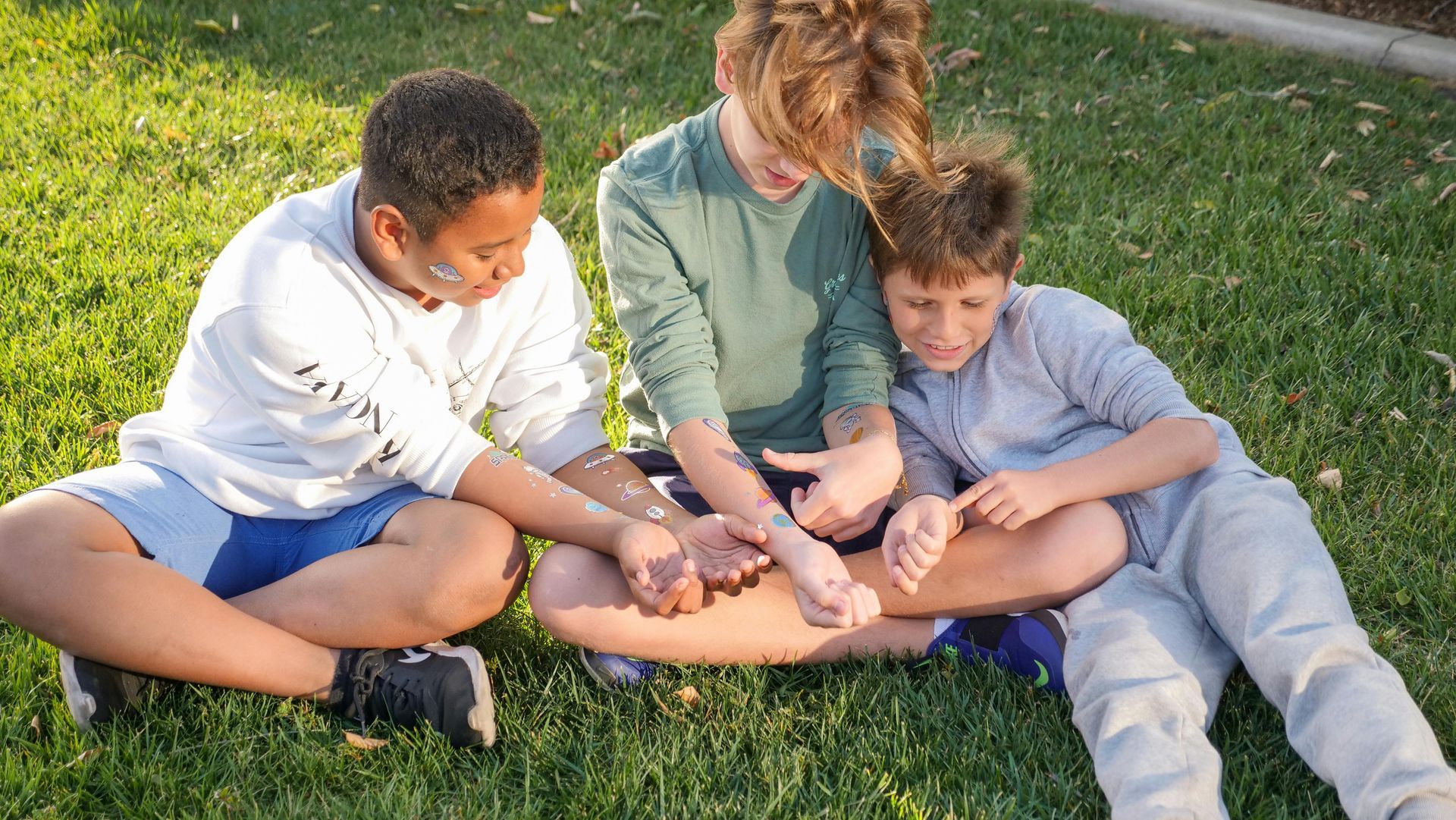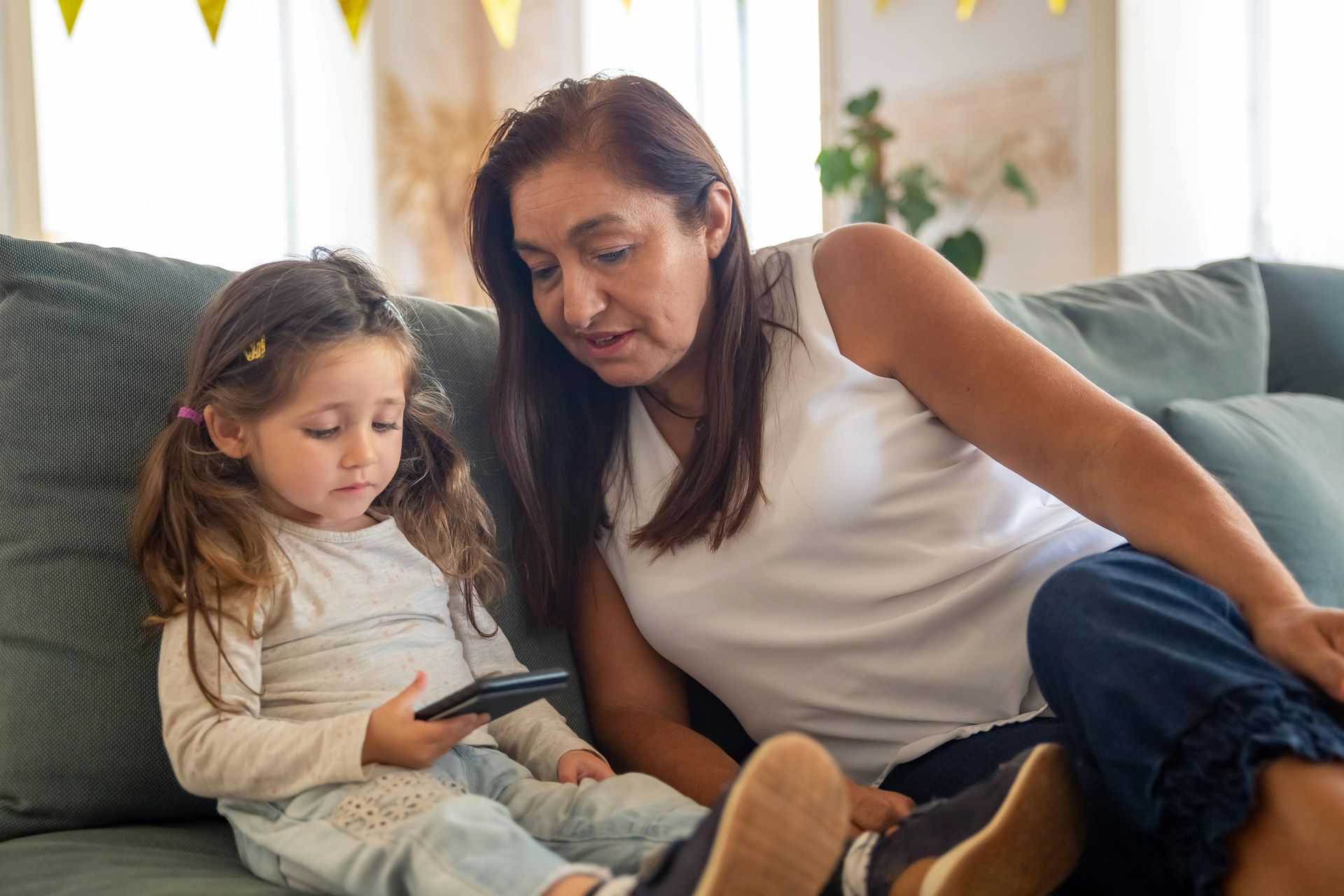Connection Over Perfection: How to Support Kids Through End-of-School Stress
The last few weeks of the school year are often packed with excitement, celebrations, and big transitions. But for many kids, it can also be a time of emotional overload. They might be dealing with goodbyes, schedule changes, tired minds, or even uncertainty about summer plans.
If you’re noticing extra mood swings, meltdowns, or restlessness—it’s not just you. This is a big emotional shift for kids, and it doesn’t need to be perfect to be meaningful.
What matters most is connection. Kids don’t need flawless send-offs, color-coded countdowns, or elaborate parties. They need calm, presence, and reminders that they’re safe and supported.
Why the End of the School Year Feels So Big
For kids, transitions often stir up big emotions. The end of the year means saying goodbye to teachers and classmates, leaving behind routines, and moving toward the unknown. Even if a child is excited about summer, that change can bring up worry or sadness too.
On top of that, kids are often tired by this point in the year. They’ve worked hard, grown a lot, and may not have the words to express what they’re feeling. That’s where gentle support makes a big difference.
Let Go of “Perfect”—Focus on Connection
You don’t have to get it all right. You don’t have to plan the Pinterest-perfect celebration or say the perfect thing. Kids remember how we made them feel, not whether we checked off every box.
Connection over perfection means choosing presence over pressure. It means showing up in the little moments—even the messy ones—and offering a safe space for your child to land.
4 Simple Ways to Stay Connected During the Transition
Here are five simple tools to help children explore and express what they feel:
1. Mini Celebrations
Celebrate progress, not just big endings. Did your child finish a challenging week? Tackle a hard assignment? A high five, a favorite snack, or a “you did it” note can make them feel seen.
2. Quiet Time Together
After busy days, offer a calm space. This could be reading a book side by side, sitting outside for a few minutes, or listening to music. No need to talk—just be present.
3. Check-In Questions
Kids may not open up unless invited gently. Try asking:
- “What was your favorite part of today?”
- “Is anything feeling too big or confusing?”
- “What are you most excited or nervous about for summer?”
4. Flexible Routines
As schedules shift, try to keep some familiar rhythms in place—bedtime routines, meal times, or morning check-ins. This gives kids a sense of stability, even as other things change.
Watch for Emotional Signals, Not Just Behavior
Sometimes, what looks like “acting out” is really stress, sadness, or worry showing up in disguise. Other times, kids may get extra quiet or withdrawn. These are all signs they might need a little extra support or space to process.
You don’t need to fix their feelings—just be a calm, validating presence. A simple “I see you” or “It’s okay to feel that way” can help more than you think.
You’re Already Helping Just by Showing Up
At the end of the day, you don’t need to be perfect to be impactful. What matters most to kids is knowing they’re not alone during times of change.
By offering connection, calm, and consistency—even in small ways—you’re giving them a strong foundation for whatever comes next.
Looking for more simple, supportive tools for the kids in your care?
Explore our blog and resources for ideas that help you nurture connection, one moment at a time. Or, Join our mailing list where we share more resources that accompany our blog posts.
Join Our Mailing List










